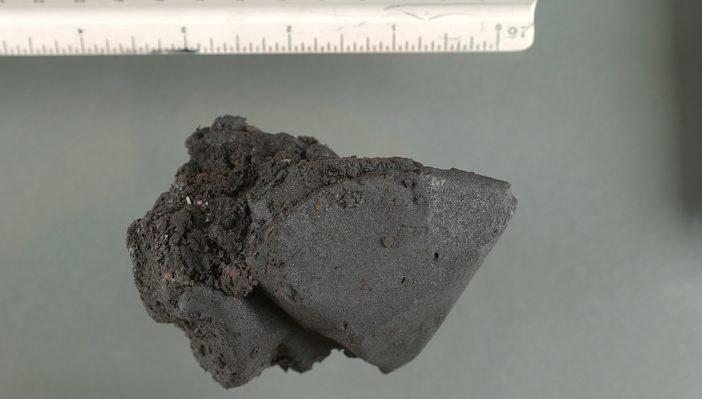It was few weeks ago when Ashley first noticed there was something wrong with her husband Jerry. His speech was getting slurred and he was having difficulty keeping his eyes open.
After years of living with Jerry’s heroin addiction, she attributed his condition to his drug abuse.
But this was different.
Gradually, his condition worsened. Worried he wasn’t improving, a family member took him to a local hospital.
Despite several days in the hospital, there was no improvement in his condition. Ashley was frustrated with the diagnoses. Against the advice of doctors, she checked Jerry out of the hospital and took him to UCI Medical Center.
Even with teams of medical specialists, it was a few days before they had a diagnosis:
Her husband was suffering the effects of wound botulism.
As a narcotics investigator for nearly six years and having had contact with numerous drug addicts over the years, I had never heard of wound botulism.
There always have been high infection rates among intravenous drug abusers. Hepatitis B & C, HIV and a whole host of skin infections related to the intravenous use of heroin are not uncommon.
Wound botulism was something I had never heard of before.
I spoke with Dr. Matt Zahn, medical director of Epidemiology for Orange County Public Health. Dr. Zahn affirmed that while wound botulism is rare, it is not unknown in Orange County.
Dr. Zahn said that in 2012 and 2013, there were no reported cases of wound botulism in Orange County. In 2014 and 2015, there were three cases each year.
All of the cases have been associated with the injection of black tar heroin.
California is at the epicenter for wound botulism, accounting for nearly three quarters of the cases from across the country, according to Dr. Zahn.
He added: “Clearly there are many reasons why using black tar heroin is a bad idea. This is just another one.”
The illness is the result of the Clostridium botulinum bacteria spreading toxins throughout your body, which poisons the nervous system. Ground zero for the bacteria is through the skin.
Shooting up heroin typically leads to skin lesions and abscesses that provide a rich environment for the bacteria to take root.
The symptoms include double vision, blurred vision, drooping eyelids, slurred speech, difficulty swallowing, dry mouth, and muscle weakness.
With heroin users, the symptoms are not inconsistent with being under the influence. It’s not at all unusual for someone to see several medical providers before the condition is diagnosed.
A regiment of antitoxin treatment helps block the effects of the toxin. None of the affected patients in Orange County have died as a result of infection. Nevertheless, it is a very serious illness that takes a long time to recover from.
Unlike other illnesses, wound botulism victims are often reluctant to cooperate with investigators as they try to track down the source. Even if it almost kills them, users don’t seem eager to identify their dealers.
Jerry’s family reached out to Behind the Badge in an effort to help educate the public about this rare infection.
Hopefully there aren’t any more cases in the coming months. But I wouldn’t count on it. According to the CDC, heroin use is on the rise with deaths having quadrupled since 2000.
There can be little doubt we will be seeing more deaths, illness and crime associated with heroin use.
Joe is a retired Anaheim Police Department captain. You can reach him at jvargas@behindthebadgeoc.com.
 Behind the Badge
Behind the Badge



